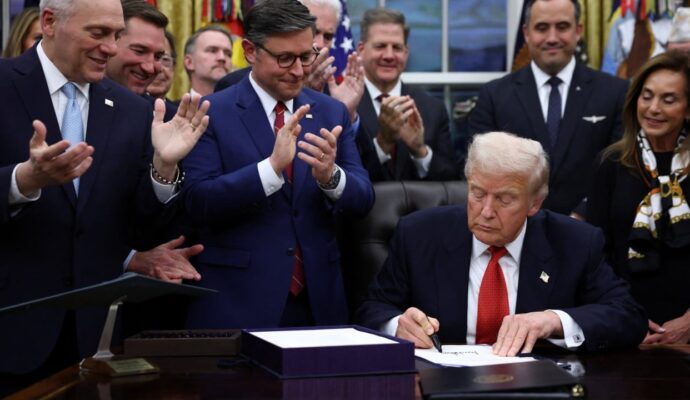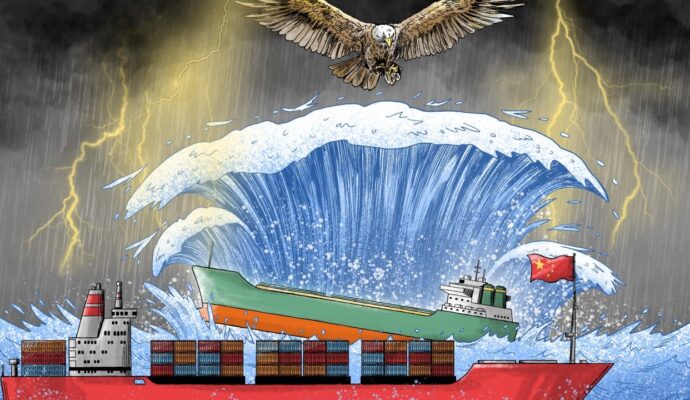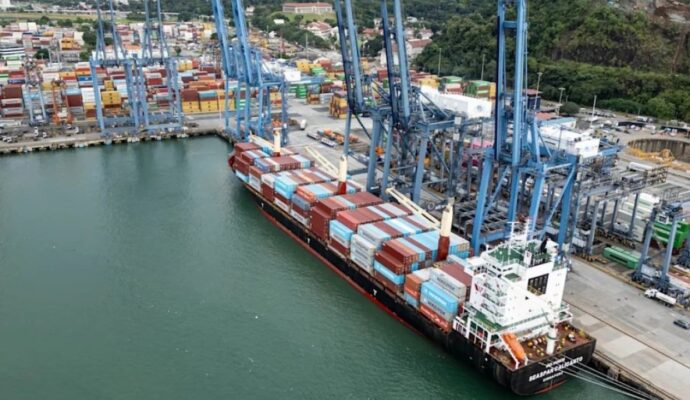
But in November, Chinese customs data showed Xinjiang exports to the US dropping to their lowest levels since 2017.
Also in November, the US customs agency reported identifying “444 entries valued at more than US$128 million for further examination based on the suspected use of forced labour” – although officials did not specify how many of those shipments were tied to the Xinjiang law.
Ana Hinojosa, the former head of trade remedy law enforcement for the agency, said that the blog post appeared to be signalling, both to the business community and US lawmakers, that it has been using its growing budget productively – but also that enforcement of the law would not always be simple.
“This piece does a good job of highlighting that it’s not just on a whim that CBP just detains shipments,” Hinojosa said of the post.
“They do have to conduct some level of investigation and have to do some tying of the shipments to the Xinjiang area or to a listed entity, and then they take action.”
The post cited the example of red jujube dates, a major Xinjiang agricultural product, shipments of which were still coming to the US even after the forced-labour law went into effect.
The customs agency said it was alerted to the issue by the Uygur Human Rights Project, a non-profit organisation in Washington.
“What we’ve noticed when we’re looking into where XUAR dates are coming from is that it looks like they’re harvested in the XUAR but shipped from other areas,” Erika Ribeiro, another international trade analyst at the agency, said.
The agency was able to link the dates to the Xinjiang Production and Construction Corps (XPCC), a quasi-military entity that the US sanctioned in 2020 for human rights violations.
Hinojosa noted that the article cited the logo on the dates’ packaging, which she said connected “those jujubes to the XPCC”.
“Thirty seconds after they read this article,” she said of the exporters, “those goods are no longer going to have that logo on them, which is only going to make it a little bit more difficult to track it down.”
Under the law, customs officials shall assume that all goods coming from Xinjiang are at risk of being tainted by forced labour. The law creates a “rebuttable presumption” banning US imports of any materials produced in the region – unless importers can prove otherwise.
Companies can appeal if they provide “clear and convincing” evidence to US customs authorities that their supply chains involve no forced labour.
However, experts have said that meeting the requirements is extremely difficult, if not impossible, because of the region’s opacity and the hurdles auditors face in trying to conduct meaningful inspections.
US Trade Representative Katherine Tai with Japan’s Minister for Economy, Trade, and Industry Nishimura Yasutoshi before they signed a memorandum of cooperation in Washington on Friday to launch a task force on the promotion of human rights and international labour standards in supply chains. Photo: AP
US efforts to stop the import of goods produced through forced labour were also on the agenda of the office of the US Trade Representative this week.
As part of an agreement announced on Friday by Katherine Tai, the top US trade negotiator, and her Japanese counterpart, Nishimura Yasutoshi, the two countries agreed to share information related to supply chains and “best practices” for fighting forced labour around the world.
“To make the global trading system more resilient and sustainable, we must address forced labour at each stage of our supply chains,” Tai said.
“Whether it’s the cotton in the clothes we wear or metals in the cars we drive, such abuses threaten to undermine the very foundations of our system.”


